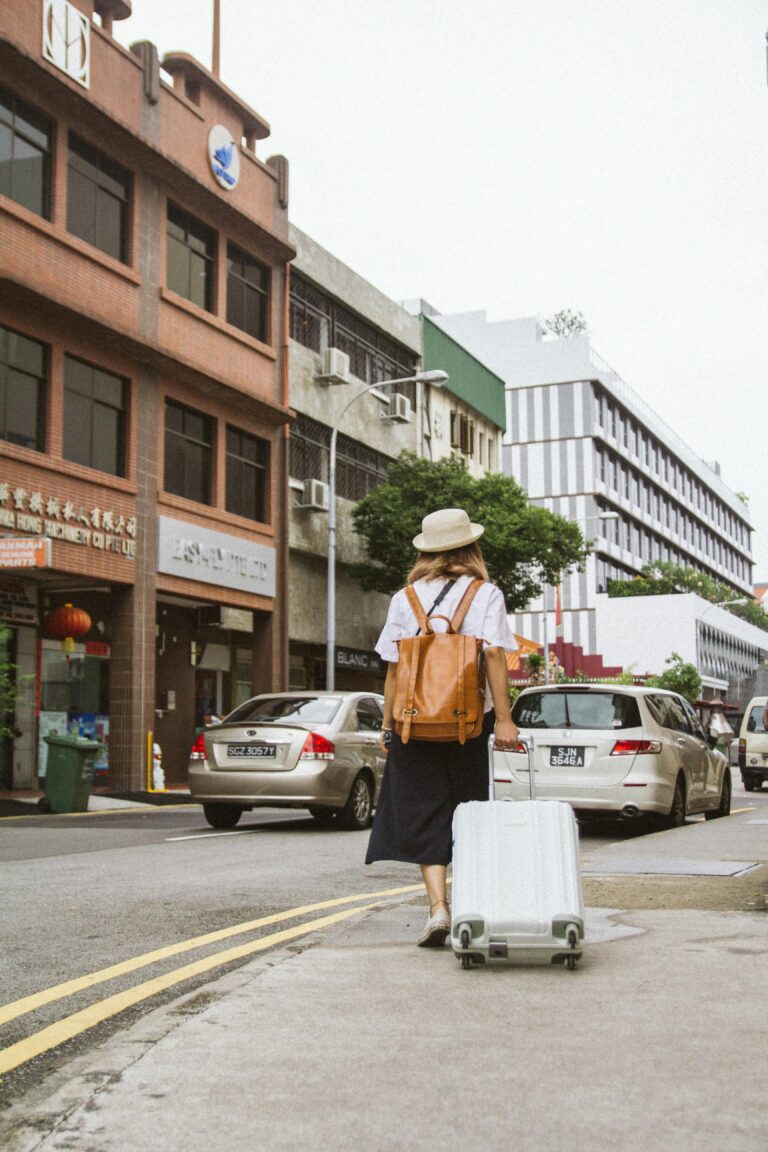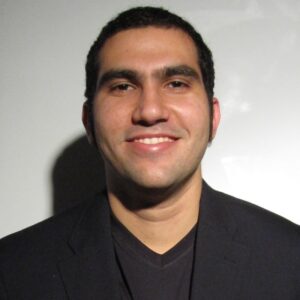Choosing where to base yourself as a digital-first entrepreneur often comes down to practical considerations rather than lifestyle alone. From visa access to healthcare systems, coworking availability, and internet reliability, these factors can directly affect whether a city supports deep work or undermines it. The entrepreneurs featured here share how their decision models shaped both productive and challenging experiences abroad.
Structuring for Reliability and Growth
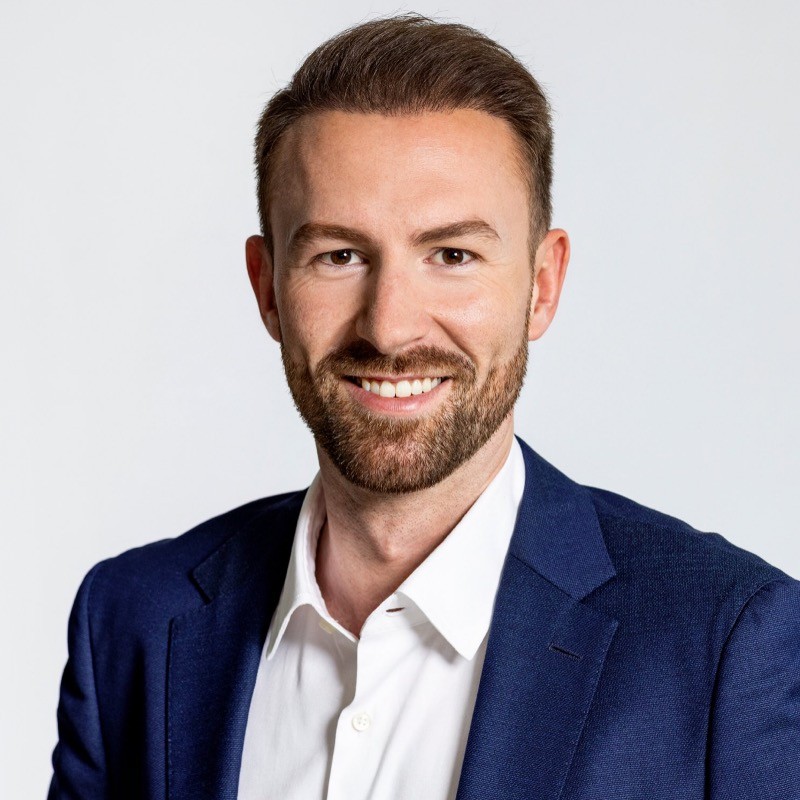
Alexander Liebisch, founder of TinderProfile, emphasized visa simplicity and tax clarity. Estonia’s e-residency program paired with its straightforward tax system provided stability while he kept his monthly spend around €1,800–2,200. Lisbon aligned with his needs for safety and reliable infrastructure, while Bali raised concerns with inconsistent healthcare and internet.
“Stable structures free up creative headspace more than low costs alone.”
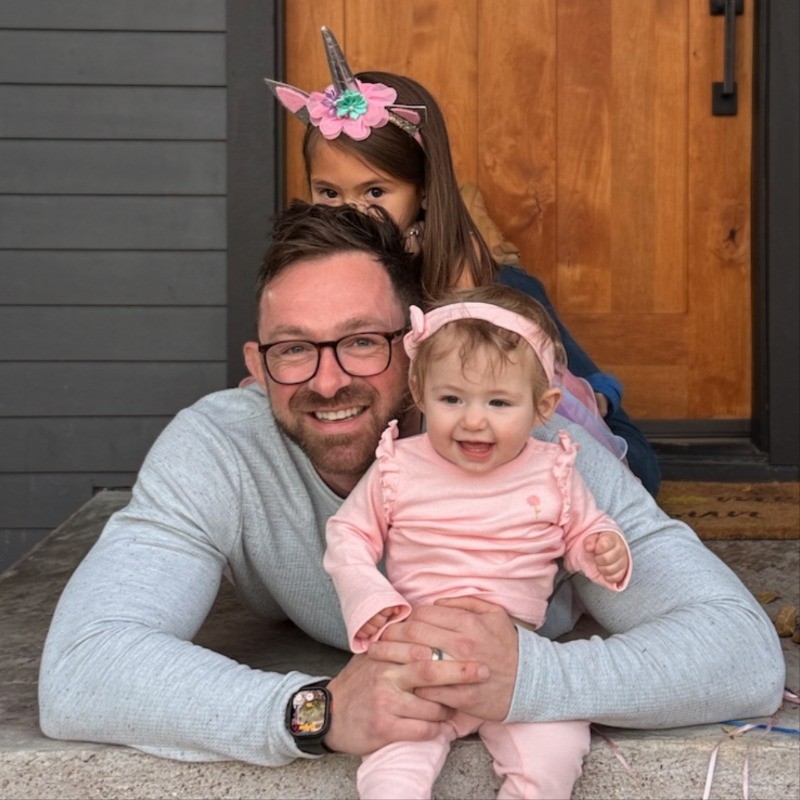
Justin Mauldin, founder of Salient PR, found Medellin to be a reliable and cost-effective base, averaging $900 per month with steady coworking setups and healthcare access. Canggu, however, disrupted operations when internet dropouts affected media interviews, a reminder of how connectivity can outweigh lifestyle appeal.
“A reliable base is often worth more than a trendy one.”
Learning From Visa and Cost Trade-Offs
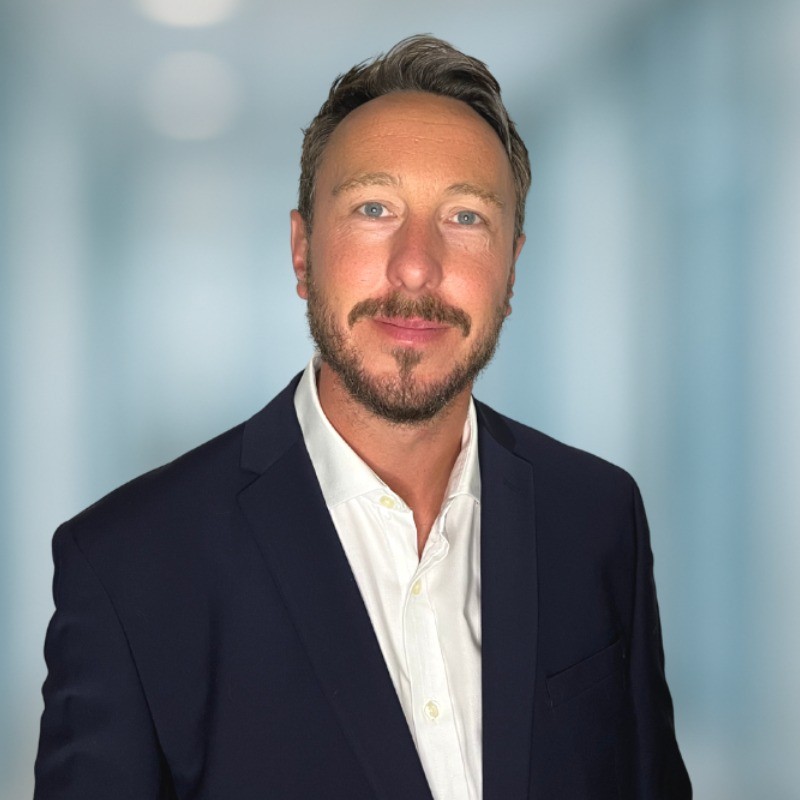
Daniel Trotter, co-founder of PPC Geeks, highlights the importance of regular budget reviews alongside visa planning. Prague offered clarity and balance at around €1,800 per month, but overstaying in Bangkok brought unexpected stress and administrative challenges.
“Visa flexibility is just as critical as monthly costs in sustaining productivity.”
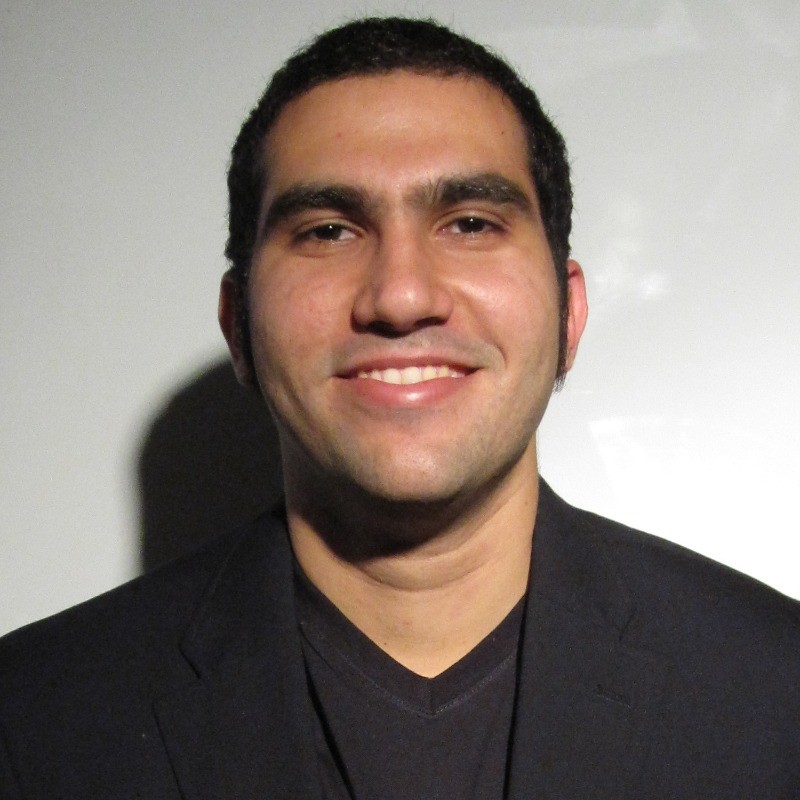
Or Moshe, founder and developer of Tevello, describes Lisbon as a strong fit at €1,400 per month, with coworking hubs that supported consistent work and accessible healthcare. Bali, in contrast, became difficult to manage with power outages and heavy traffic affecting focus.
“Coworking spaces that feel like an office extension make deep work much easier.”
Aligning Stability With Creative Flow

Runbo Li, CEO of Magic Hour, prioritizes environments that maintain stability while encouraging creativity. Barcelona’s digital nomad visa, fiber internet, and startup-focused coworking spaces supported his workflow within a $2,500 monthly budget. Medellin, however, proved challenging due to inconsistent WiFi during video uploads, which affected deadlines.
“Strong connectivity and structured visas help sustain creative output over the long term.”

Rakesh Kalra, founder and CEO of UrbanPro, aims for locations that balance tax conditions, visas, and professional networks. Lisbon fit this model at $2,000–$2,500 per month, with affordable coworking and dependable EU healthcare. Bali, though affordable, made investor calls stressful due to unstable WiFi.
“A one-year freelancer visa and stable internet can be just as important as cost savings.”
Across these examples, it becomes clear that long-term productivity depends less on aesthetics and more on the underlying systems—visa stability, healthcare, internet, and coworking—that enable entrepreneurs to focus without disruption.
